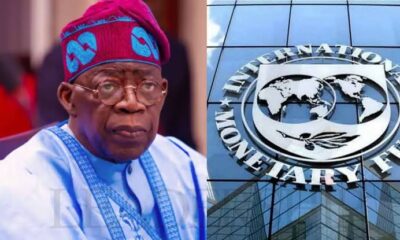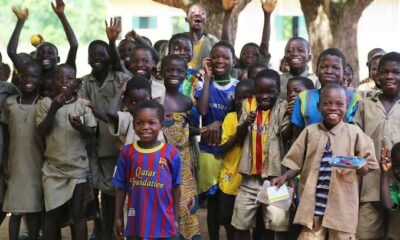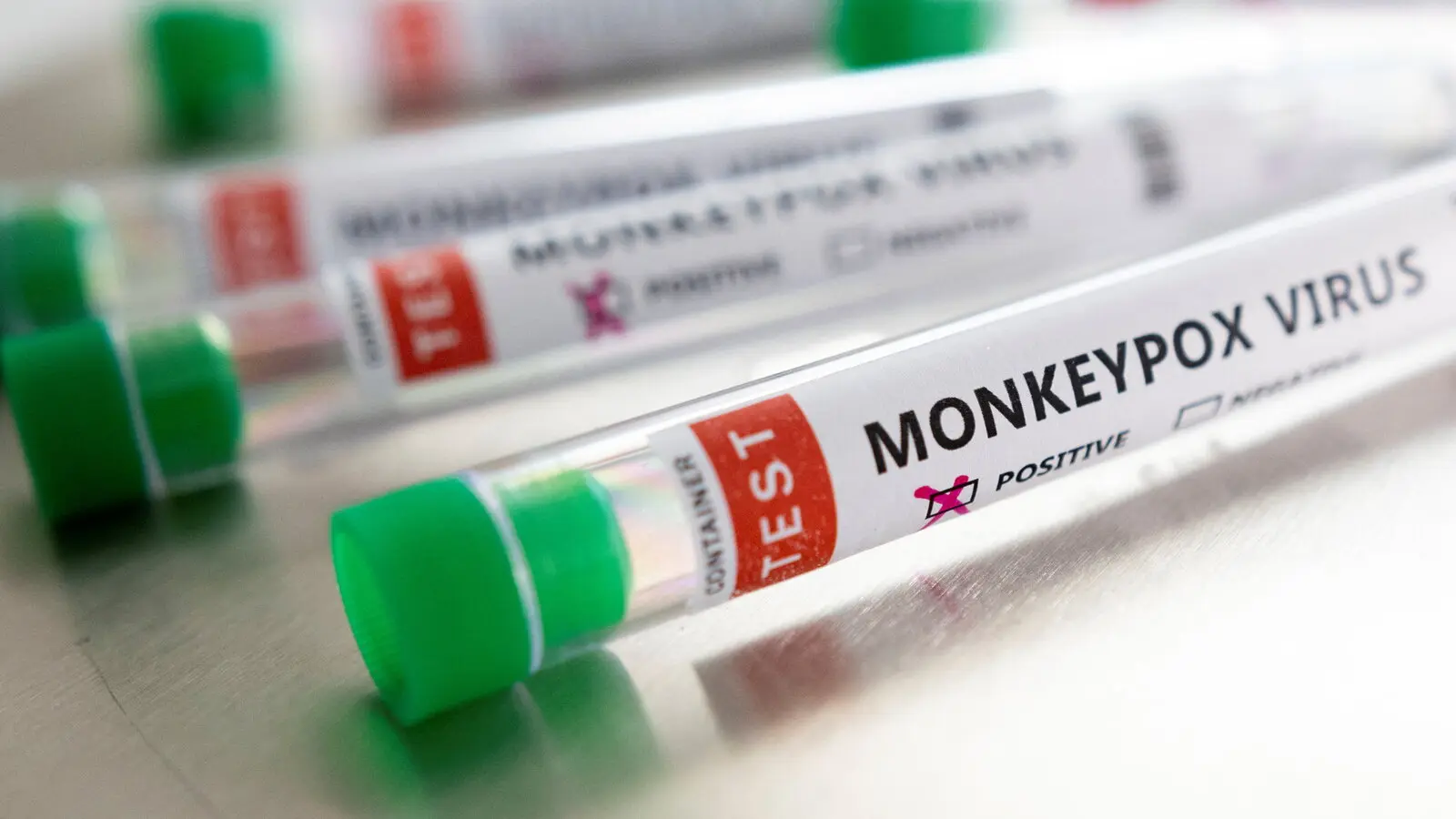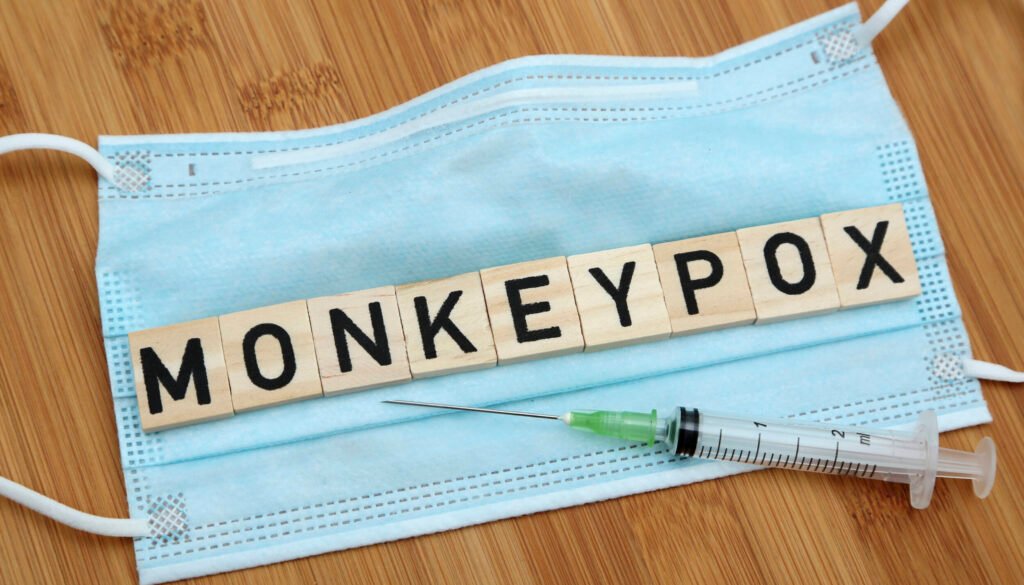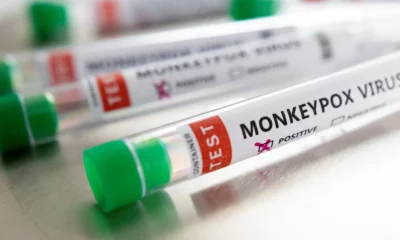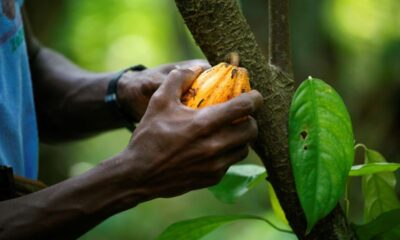A lack of mpox vaccine doses has prevented the Democratic Republic of the Congo from starting a campaign in the capital, Kinshasa, the response commander has confirmed. However, the number of cases nationwide is still rising, particularly among youngsters.
In mid-August, a new strain of pox started to spread from the Congo to neighbouring countries, prompting the WHO to declare a global health emergency. However, according to the Africa Centres for Disease Control and Prevention, donors have been hesitant to turn their pledges into cash and vaccines.
The head of operations for Congo’s mpox control program, Cris Kacita, stated on Tuesday that the country needed more than 162,000 doses of vaccine to start a vaccination campaign in the capital, but that 53,921 doses were still available for use in prisons, where inmates are at greater risk because of unsanitary conditions.
The capital, which is home to about 20 million people, has so far been less impacted than other parts of the nation. In six other provinces, vaccination campaigns are now underway.
Along with additional shipments from Germany and the African Union, France has committed to providing 100,000 doses.
He added the arrival of vaccines was also delayed by the administrative process, which includes sending an official request, manufacturing, creating documentation and gaining import authorisations.
“As long as we don’t have the necessary quantity, it’s going to be complicated to launch (vaccination) in the 14 health zones,” Kacita told Reuters, referring to areas of Kinshasa.
According to a health ministry study, from October 28 to November 2, 1,017 new suspected cases were registered nationwide in Congo, including 45 confirmed cases and 16 fatalities.
Since children are almost four times more likely than adults to die from the new strain of mpox, the charity Save the Children warned on Wednesday that targeted vaccines were necessary to halt the virus from spreading quickly among children.
“Children are especially vulnerable to mpox – they explore by touch and taste, don’t always understand health guidance, and have weaker immune systems than adults,” Katia Vieira de Moraes LaCasse from Save the Children said.
According to Africa CDC data, there have been over 42,000 suspected cases of Mpox in the continent, with 1,100 deaths reported so far this year.
The Mpox virus can spread from person to person via intimate contact and also from place to person through objects and surfaces that a person infected with Mpox has touched.

 VenturesNow14 hours ago
VenturesNow14 hours ago
 VenturesNow14 hours ago
VenturesNow14 hours ago
 Metro19 hours ago
Metro19 hours ago
 Sports2 days ago
Sports2 days ago




